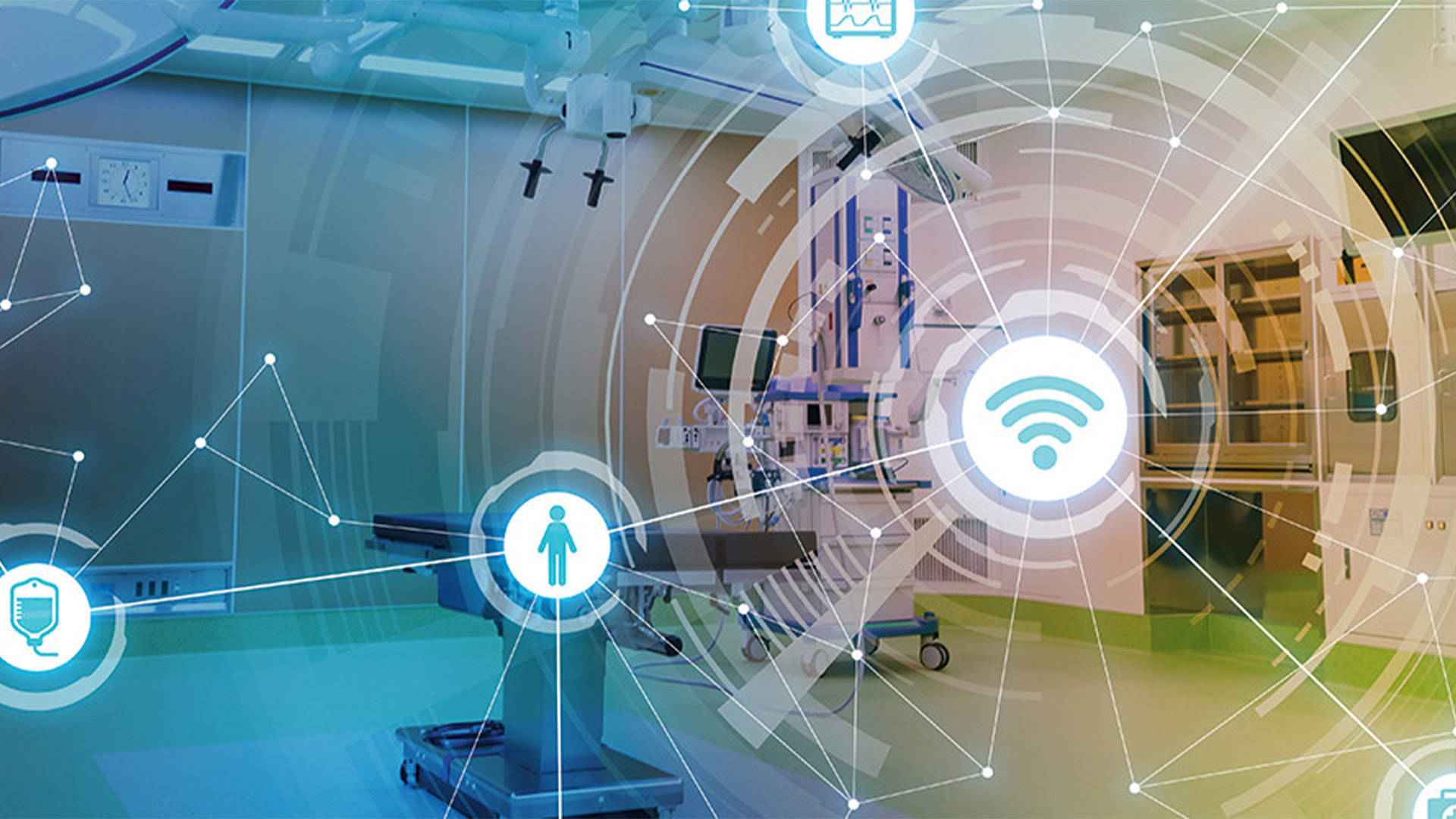
SMART HOSPITALS: Prescribed Rx is Analytics – Part 2
The coming decade will bring unprecedented challenges for the global healthcare industry. The recent pandemic has accelerated the ROI and business impact of digitalization in the healthcare industry. One of the most pronounced effects of this global digital transformation in the healthcare industry is the rise of “smart hospital” vision, a development that is already positively affecting thousands of hospitals and Providers/Clinics.
In a smart hospital, the focus is on the digital systems and the potential they offer to the building itself to effectively become a member of the team. These digital systems can mean anything from controlling machine uptime for imaging and bio medical modalities, to climate control, to asset & patient tracking, and workflow management. By using powerful new technologies like digital twins and data analytics, hospital administrators can better understand the needs of both patients and staff in order to create a more seamless experience and higher standards of care.
This combination of technological advances in medical machines, connectivity to software in clinical information systems, and IoT trends are playing a major role in advancing the cause of smart hospitals. As a result, Smart hospitals are transforming the healthcare industry landscape and the overall market is valued around USD 47 Billion by 2022 timeframe.
To keep up with this global digital transformation, hospitals need to get smarter. This is especially important as the coming decade will present global healthcare challenges. Indeed, many factors are drivers for the evolution of hospitals. To name a few: the emergence of threats like the COVID-19 pandemic, the growing and aging population, the global rise of health costs, and rising consumer expectations. Ultimately, hospitals will need to optimize, redesign, and build new clinical processes, management systems, and infrastructure to meet these changes.
What makes a hospital “smart”?
Nowadays, access to healthcare is being revolutionized by digital solutions. Patients expect to get appointment reminders by email or text, have access to electronic health records, and be able to make online video consultations. To answer these changes, hospital infrastructures need to implement technologies and improve the consumer experience. Ultimately, to survive in time, hospitals need to get smarter.
Everything in the hospital if it’s going to be a smart hospital runs off the building automation system. Predictive capabilities delivered via software can provide real-time operation alerts and notifications on the imaging fleet of MRI and CT scanners, to increase machine uptime and reduce patient disruption at the facilities. And the story is much bigger when you include all the environmental and smart building infrastructure that powers hospitals.
Glassbeam Partnerships
Glassbeam engages with hospital executives and health service providers to gauge the pulse of the evolving smart hospitals market and identify opportunities that can help executives map their next steps to a smart hospital. At the heart of most hospitals’ strategic goals is enhanced patient outcomes and greater efficiency, with a common thread of hospital executives feeling they are being asked to do more with less.
We help smart hospitals drive both top-line growth and an improved cost structure by implementing intelligent infrastructure, applications and services because we know that smart hospitals provide a true competitive advantage.
At Glassbeam, we help hospitals reach new levels of operational performance — If you missed reading part one of the blog on Smart Hospitals: Prescribed RX is Analytics, click here.
Convinced of the economics, schedule your demo here.
Transform Your Healthcare Operations
See how to gain deeper, clearer insight from your machine data to elevate business intelligence and to improve your operational uptime, utilization, and efficiency.
